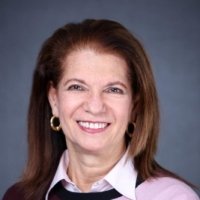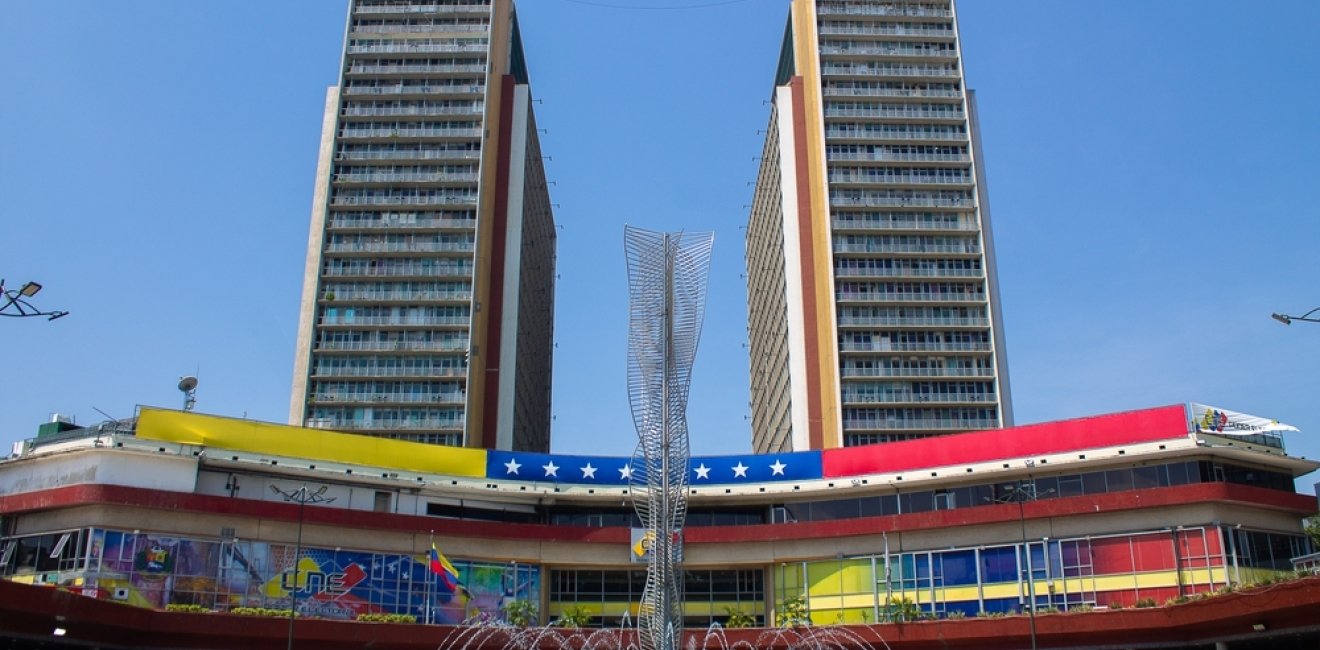
A blog of the Latin America Program
Who is voting in Venezuela’s election on Sunday?
The National Electoral Council (CNE) lists 21.4 million registered voters, including 69,000 overseas. However, that figure dramatically undercounts Venezuelans living abroad who are still registered to vote in Venezuela, a group that could include as many as five million voters. That leaves around 17 million eligible voters in Venezuela.
Who is running in Venezuela’s election on Sunday?
Edmundo González is the official opposition candidate, supported on the ballot by three political parties: the Mesa de la Unidad (MUD), Un Nuevo Tiempo (UNT), and the Movimiento por Venezuela (MpV). Nicolás Maduro is the official government candidate, supported on the ballot by 19 parties, including the Partido Socialista Unido de Venezuela (PSUV). A voter could choose his or her preferred candidate by marking the candidate’s name using any of the political parties that support that candidate on the electronic ballot. (Voting in Venezuela is electronic except in remote areas).
There are eight other, much less competitive, candidates, several of whom are disguised pro-government figures. Three of them–Luis Brito, Luis Martínez, and Daniel Ceballos–are clearly aligned with the government and running as representatives of formerly opposition parties that were taken over by the government and the Supreme Court. Antonio Ecarri and Claudio Fermín are also aligned with the government but running using their own parties. Javier Bertucchi and Benjamín Rauseo are independent. Only Enrique Márquez is close to the opposition coalition, considered the last resort for the opposition if González would have been disqualified.
The proliferation of candidacies was encouraged by the government to divide the opposition vote. However, the tactic has not worked; polls estimate the total vote for all of them combined at 5% to 15%.”
The proliferation of candidacies was encouraged by the government to divide the opposition vote. However, the tactic has not worked; polls estimate the total vote for all of them combined at 5% to 15%. As the election gets closer, it is likely that these candidates will lose support. However, the fact that three candidates are using the names, logos, and colors of traditional opposition parties may generate confusion among opposition voters.
Who is likely to win Venezuela’s election on Sunday?
Surveys by Delphos, Consultores 21, More Consulting, and ODR Consultores show González with a comfortable lead, surpassing Maduro by 20 to 35 percentage points. Support for González is between 50% and 59%, while support for Maduro is between 14% and 36%. Voter turnout is expected to be high, with polls showing 80% of opposition and pro-government voters planning to participate. That said, the government could depress opposition turnout through harassment, limiting public transportation, making last-minute changes to polling station locations, among other tactics. The government could also boost turnout among its supporters by compelling participation or extending the voting period beyond 6pm in government strongholds.
Will the winner of Venezuela’s election on Sunday become president of Venezuela in January?
This is the first time in 25 years of Chavista rule that the opposition enjoys such a significant lead ahead of an election. However, that does not guarantee that the opposition will be in power in the new year.
This is the first time in 25 years of Chavista rule that the opposition enjoys such a significant lead ahead of an election. However, that does not guarantee that the opposition will be in power in the new year.”
In one potential scenario, the regime could win by manipulating the electoral process, as it has since the early days of former President Hugo Chávez’s administration. For example, it could curtail opposition voter participation, harass opposition witnesses at polling stations to hide fraud, and threaten voters in government controlled areas.
Alternatively, the regime could simply refuse to recognize an opposition victory by announcing a fabricated result, as it appears to have done following a recent referendum about Venezuela’s territorial dispute with Guyana. Should the CNE announce an opposition victory, the regime could challenge the result in the country’s government-controlled courts, as it did after the opposition won a majority in the National Assembly in 2015. In that case, prior to the inauguration of the new Congress, the regime managed to disqualify three legislators, depriving the opposition of its two-thirds majority, and later used the courts to persecute and undercut opposition lawmakers. Following Sunday’s election, the regime would have five months–until January 10, 2025–to deploy a variety of machinations to stop a peaceful transfer of power. That would likely provoke massive protests, but the regime might be willing to crush dissent, as occurred in Belarus in 2020 following Alexander Lukashenko’s questionable reelection.
That said, these tactics might not succeed, just as efforts to reverse the election of the reformist Bernardo Arévalo in Guatemala last year failed. In Venezuela, an opposition win could set in motion a broad negotiation process, supported by the international community, that allows for a peaceful transfer of power.
Author


Latin America Program
The Wilson Center’s prestigious Latin America Program provides non-partisan expertise to a broad community of decision makers in the United States and Latin America on critical policy issues facing the Hemisphere. The Program provides insightful and actionable research for policymakers, private sector leaders, journalists, and public intellectuals in the United States and Latin America. To bridge the gap between scholarship and policy action, it fosters new inquiry, sponsors high-level public and private meetings among multiple stakeholders, and explores policy options to improve outcomes for citizens throughout the Americas. Drawing on the Wilson Center’s strength as the nation’s key non-partisan policy forum, the Program serves as a trusted source of analysis and a vital point of contact between the worlds of scholarship and action. Read more

Explore More in Weekly Asado
Browse Weekly Asado
Dengue Haunts South America’s Summers

Lessons from Costa Rica’s Economic Transformation

Women and Latin America’s Digital Revolution

